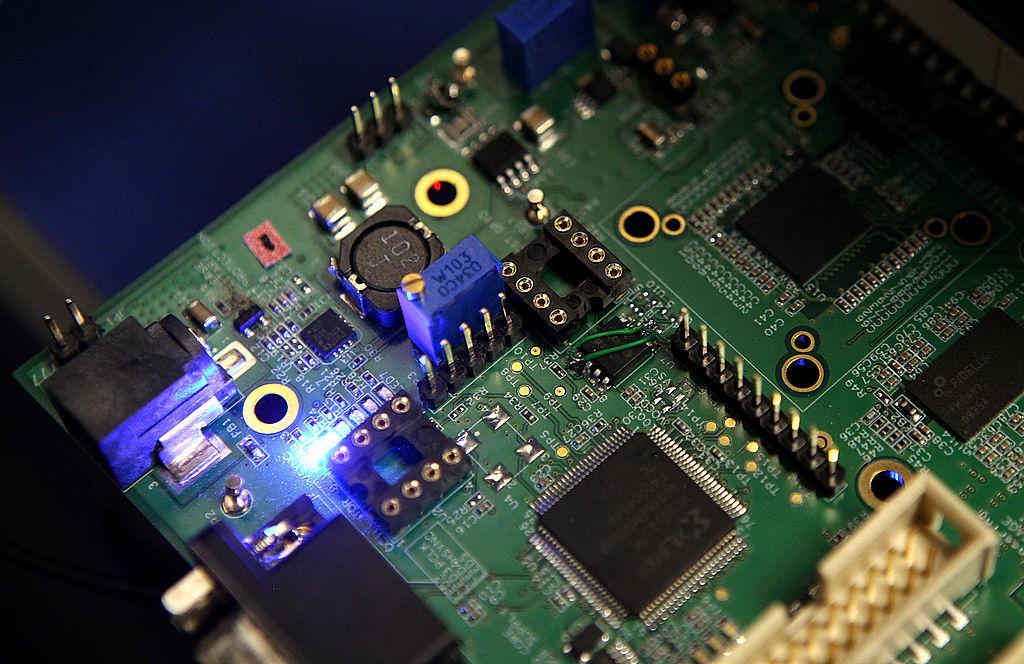Beijing has adopted a state-led approach to fulfill its ambition to dominate the global semiconductor industry.
Semiconductor chips power practically every electronic device, from smartphones to military equipment. In 2014, China’s cabinet-like State Council announced national integrated circuit development guidelines to set up a state fund to boost its domestic semiconductor sector.





